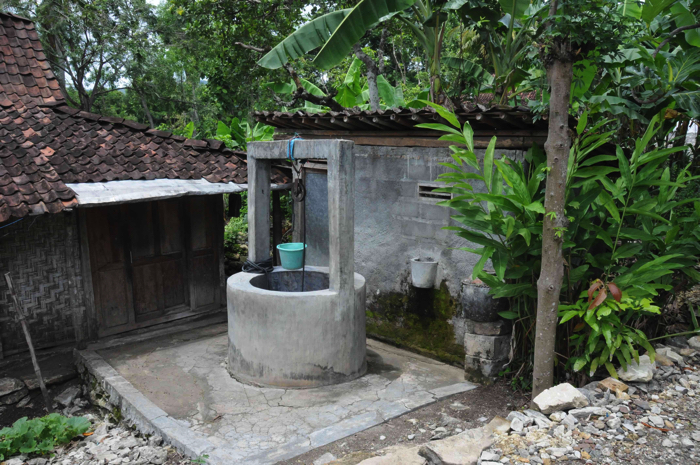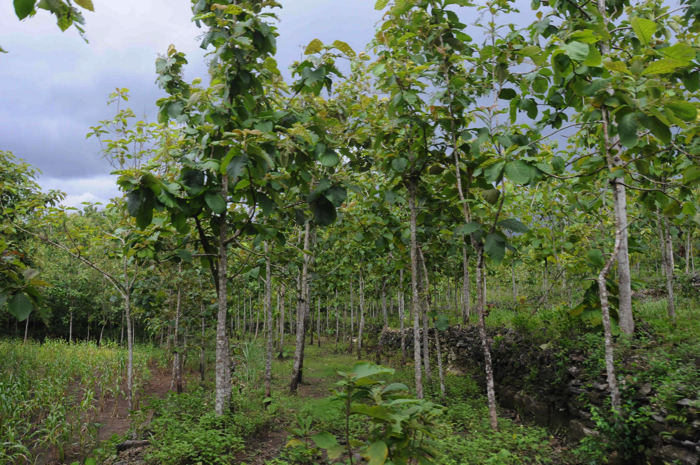- Project Leader : Naito Daisuke (Research Institute for Humanity and Nature, Center for Research Promotion)
- Collaborators : Kozan Osamu (Kyoto University, Center for Southeast Asian Studies)
- : Abe Kenichi (Research Institute for Humanity and Nature, Center for Research Promotion)
- : Yanagisawa Masayuki (Kyoto University, Center for Integrated Area Studies)
- : Kume Takashi (Ehime University, Faculty of Agriculture)
- : Tomita Shinsuke (Freelance researcher)7
- : Ubukata Fumikazu (Okayama University, Grad. Sch. of Environmental and Life Science)
- : Shimamura Tetsuya (Ehime University, Faculty of Agriculture)
- : Ishimoto Yuudai (Research Institute for Humanity and Nature, Research Department)
Outline of Research
In Southeast Asia, local people tend to diversify their subsistence activities and engage in agricultural wage work. How should we evaluate socio-ecological resilience in such a social and cultural environment? Most previous resilience studies have only been theory-based, and empirical studies are very limited. The group aims to identify the methods to evaluate, measure, and analyze how local people respond to shocks such as natural disasters, environmental changes and social transformation, especially upon communities where they have flexibility in subsistence activities and layered safety guards.
Description
The research group aims to carry out empirical studies on resilience in Southeast Asia. The group consists of researchers who have long conducted fieldwork in Southeast Asia and will conduct comparative studies on resilience based on accumulated data through interdisciplinary studies with other natural science researchers.
In the first year, the first seminar on “Resilience on Natural Disaster” will be held in July 2013 and the second seminar on “Social Resilience” will be held in November. During this seminar, a paper draft will be prepared and reviewed. For each seminar, a guest speaker from in and out of the country will be invited to share ideas and further discussion.
Resilience studies have long been conceptual, but the group aims to illustrate examples of empirical research methods based on area studies. Area of interest will not only be on Southeast Asia but also on comparative studies with Africa to further our understanding of socio-ecological resilience and provide universal research methods. Our research results will be published in the special volume Tonan Ajia Kenkyu.
 A deep-drilled well in Gunung Kidul, Indonesia |
 Teak planted in Gunung Kidul, Indonesia |
